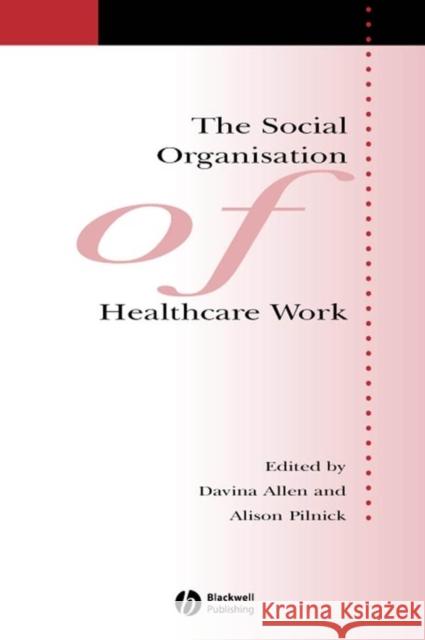The Social Organisation of Healthcare Work » książka
topmenu
The Social Organisation of Healthcare Work
ISBN-13: 9781405133340 / Angielski / Miękka / 2006 / 208 str.
This book presents an international snapshot of the social organisation of healthcare.
- Papers describe major trends in healthcare in Australia, Canada, Finland, the Netherlands, South America, UK and the USA
- Subjects addressed include new models of organisational governance, new medical technologies, and the promotion of private health insurance.
- Highlights convergence and divergence across national and international contexts
- Fosters links between organisational studies and medical sociology.
- Points to new research directions and developments.











